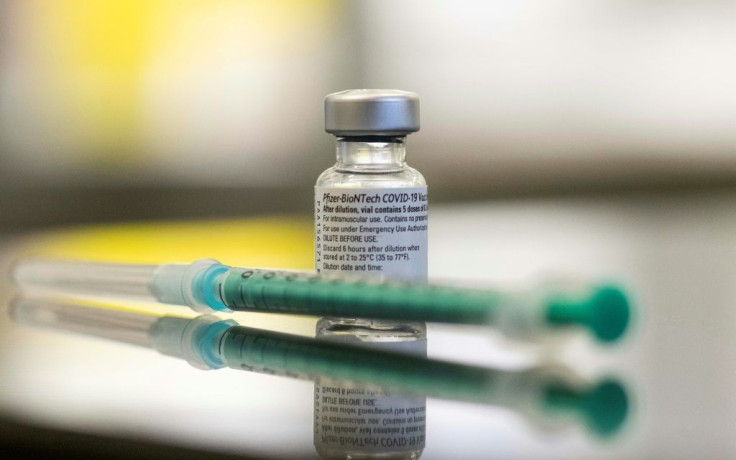When COVID-19 Hotlines Get Dinged
The COVID-19 vaccines aren't the first drugs to be in short supply. Between 2013 and 2017, the United States Food and Drug Administration estimated that over 163 drugs faced supply shortages. On this list were life-saving drugs for pediatric Hodgkin's Lymphoma and cost-savings generic drugs for colon cancer. For patients, providers and even the FDA, these pre-COVID-19 drug shortages were painful too.
What makes the COVID-19 vaccine shortage so different? It isn't just the spike protein science. It is the spike in patient calls to healthcare providers. "Everyone wants this vaccine and they want their call answered and their appointment scheduled now," said Vicky Kistler, a health director in the Pennsylvania city of Allentown. "And it is overwhelming our capability." This vaccine shortage has made it clear that healthcare providers' time is precious — and in short supply too.
The FDA is a powerful organization, but it can't put hours back in Vicky's day. It can approve drugs, but it can't force companies to make them or solve systematic distribution challenges overnight. Nor can it make whole the incalculable costs of drug shortages when they persist for months.
Abnormal feels too normal
While the news in recent weeks that the U.S. has secured agreements with Pfizer and Moderna to inoculate 300 million Americans by July is encouraging, these doses are not the only medicine the U.S. needs. Kistler and healthcare providers need help with abnormally high patient call volumes — because abnormal call volumes have started to feel too normal.
When Allentown seniors can't even reach the "on-hold" music because the hotline is overwhelmed by 200 concurrent calls (many from ineligible non-seniors who don't reside in Allentown), something is amiss. When an experienced nurse is taken away from a sick patient for a routine question, something is amiss. We forget that while we are manufacturing new COVID-19 vaccines, our inflexible IT systems are manufacturing more problems for healthcare patients and providers.

Our healthcare IT challenges will not go away until we plan for more drug shortages and feverishly high demand spikes for healthcare services. While we may not always have the drugs in stock or nurses on staff, our most at-risk populations will have a better shot at getting care when we invest in new patient-facing technologies. More high-value nurse time will go to saving lives when virtual nurses can check off administrative tasks for infinite numbers of patients in infinitely large waiting rooms.
When many people think about artificial intelligence in healthcare, they think about clinical AI doctors spawned by supercomputers that diagnose patients. Thanks to advances in computer vision, more AI systems are assisting physicians in superhuman ways. These systems can count cells and find bone fractures with surprising accuracy and speed. But there is also a tremendous opportunity for AI to assist with the phone calls that initiate and coordinate these visits.
What happens if we ignore the role of AI in healthcare administration? Black market automation will work against the weakest systems, leading to inconsistent healthcare delivery and fraud. If event sales companies such as Ticketmaster can use AI to thwart bots trying to buy Rolling Stones tickets, why can't AI defend the next vaccine shipments and appointments too?
Imagine what emergency healthcare time and resources these frontline, virtual administrators will instantly protect? From a cold-supply chain perspective, imagine how vaccines could get instantly rerouted upon canceled visits. And what follow up calls could get placed to minimize these canceled visits in the first place.
Virtual nurses are no substitutes for human nurses. And intelligent healthcare administration is no substitute for bountiful vaccine stockpiles. But in our healthcare constrained world, we need to inject more intelligence into our patient-facing systems. This won't be the last time we call on them.
(Evan Macmillan is the CEO of Gridspace, a speech software company based in Los Angeles that teaches machines to assist with human conversations.)
© Copyright IBTimes 2024. All rights reserved.





















